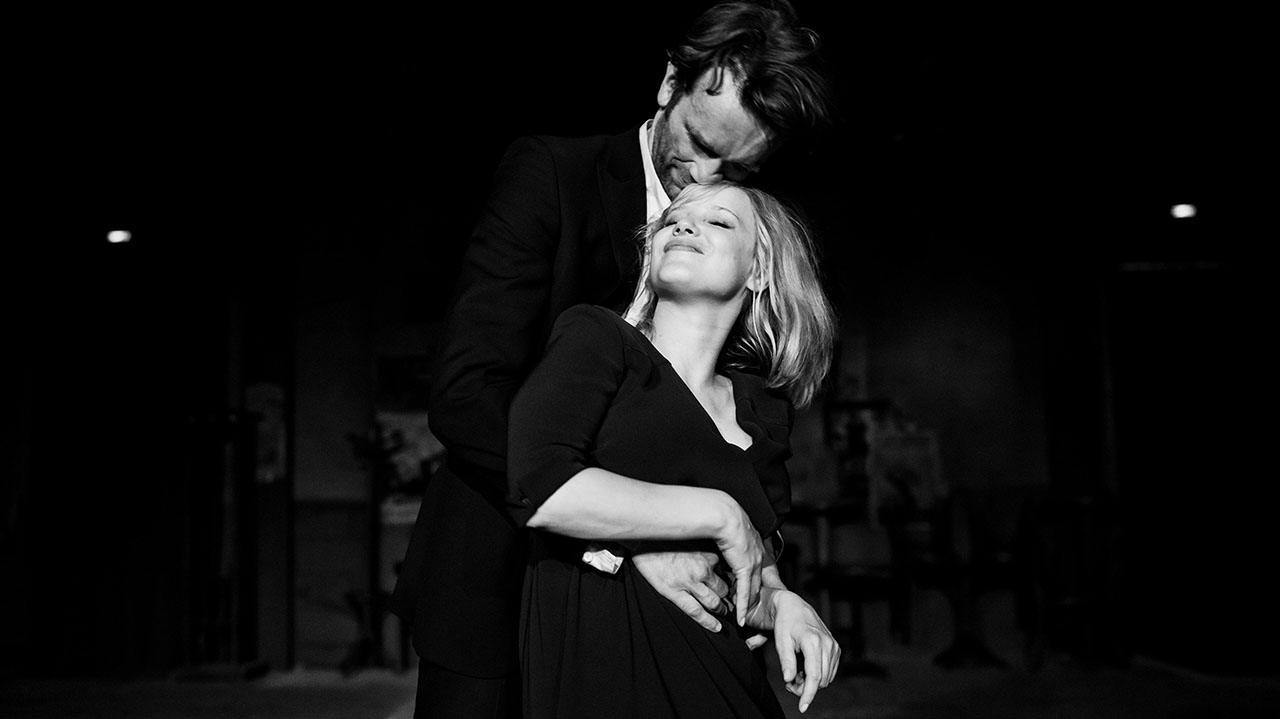Cannes 2018: Cold War is the best movie of Cannes Film Festival so far
Pawel Pawlikowski's follow-up to the Oscar-winning Ida is hot stuff

Cold War is Polish-British writer-director Pawel Pawlikowski’s first film since Ida won the BAFTA and Oscar for Best Foreign Language Film in 2015. Like Ida, it is shot in Poland (though its second half takes in Germany, Yugoslavia, and France) and its dazzling monochrome compositions favour placing actors low in the square frame and achieving IMAX impact by oppressing them with towering structures and huge, weighty skies.
Ida takes place in 1962, examining the heart of Poland’s church and state, its Catholicism and anti-Semitism, as a novitiate nun is encouraged to explore her family background before taking her final vows. Cold War, which spans the entirety of the '50s, again digs into Poland’s past, beginning with Zula (Joanna Kulig) auditioning for a folk troupe mentored by pianist Wiktor (Tomasz Kot), and then following its co-option by the state to pipe out Communist propaganda.
This section of the film, the most fascinating, culminates in Warsaw as Zula and co. perform to a roomful of Russian officials; a colossal banner bearing Stalin’s face recalls the set design of the political speech in Citizen Kane, or the American flag that dwarfs George C. Scott at the start of Patton, or the Nazi Party rally in Nuremberg that Leni Riefenstahl so forcefully captured in her documentary Triumph Of The Will. There is something of a Polish post-war X-Factor merged with the sly satire of Milos Forman’s early, pre-Hollywood movies about this opening half of Cold War, and Kulig mesmerises.
From here the film begins to twist and buck, defying expectations as it hops to Paris and Berlin and more. Politics and changing social conventions continue to fall under Pawlikowski’s lens, but the film, first and foremost, becomes the tale of a doomed love affair between Zula and Wiktor, two people of different backgrounds and temperaments.
Pawlikowski is of course no stranger to thorny love affairs buffeted by issues of class and culture, politics and religion – see excellent early feature Last Resort and My Summer Of Love. Earlier still he was a compassionate and committed documentary filmmaker, and Cold War is humane even as it digs for social truths.
At 84 minutes and with a decade covered, it feels a little too elliptical, though each new chapter quickly immerses the viewer back into the fast-forwarded action. And while it doesn’t linger like Ida, it does share one more thing with that superb picture: the bewitching quality of having been made at the time and only now unearthed to be pored over with relish.
Looking for more from Cannes? We talk to Martin Scorsese about his upcoming Netflix movie The Irishman.
Sign up for the Total Film Newsletter
Bringing all the latest movie news, features, and reviews to your inbox
Jamie Graham is the Editor-at-Large of Total Film magazine. You'll likely find them around these parts reviewing the biggest films on the planet and speaking to some of the biggest stars in the business – that's just what Jamie does. Jamie has also written for outlets like SFX and the Sunday Times Culture, and appeared on podcasts exploring the wondrous worlds of occult and horror.


